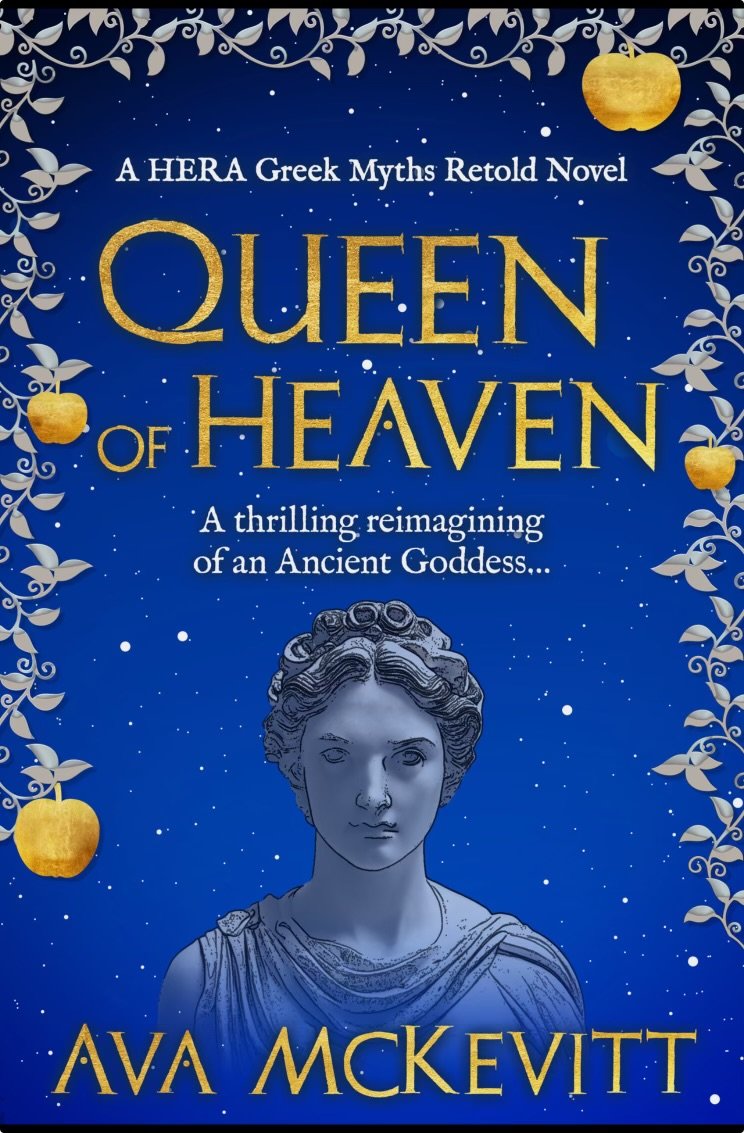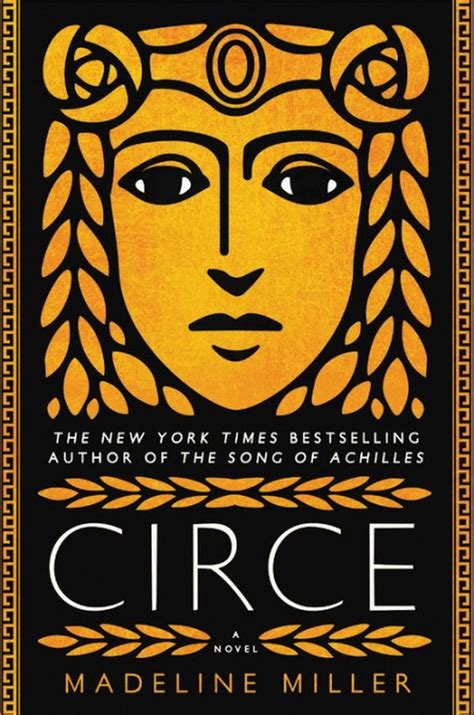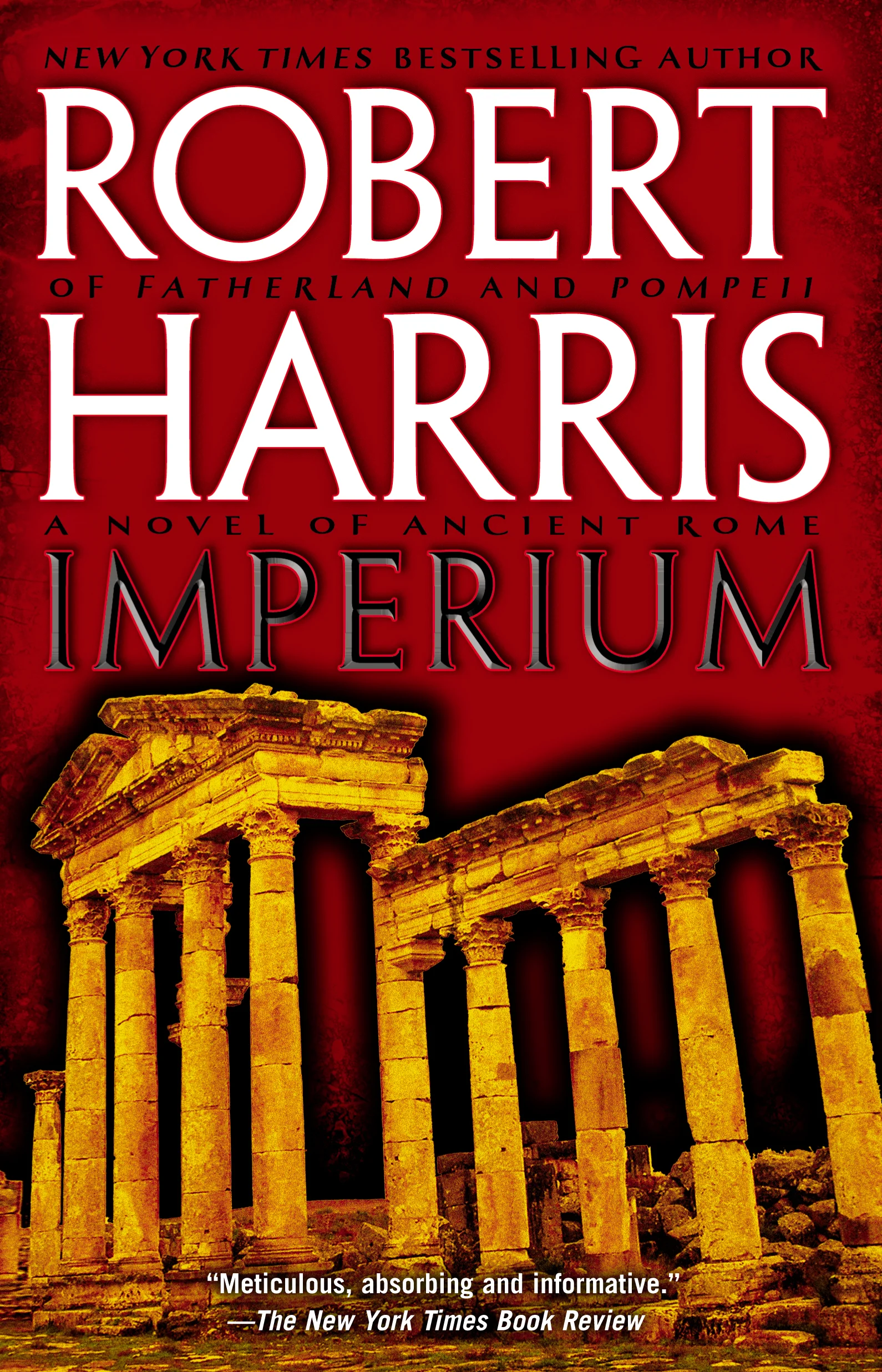Ava McKevitt's "Queen of Heaven: a thrilling reimagining of an Ancient Goddess" (book 1 of 3)
Review by Dennis D. McDonald
Early in this novel, told from Queen Hera's perspective, the three Fates appear at Mount Olympus and deliver a prophecy and sacred oils to Hera as the other gods and goddesses look on:
"… you are matrimony and motherhood, womanhood incarnate, and the breath of life itself."
Hera is puzzled by the prophecy:
“I stared at the crones, my head filling with questions. Matrimony and motherhood. My heart warmed. Surely they meant safety and love?”
In the remainder of this novel, we learn that Hera, Queen of Heaven and sister/wife of mighty Zeus, is sadly mistaken if she believes that she is fated to experience an immortal life of "safety and love." Despite her exalted position at the right hand of Zeus, she experiences pain, cruelty, betrayal, and mistrust. She also finds herself along the way delivering pain and suffering to others.
Hera’s personality and moral sensibilities and core beliefs are unformed. After all, she sprang fully grown from the body of her father, a Titan, pulled out of his body by her headstrong brother Zeus. Her ideas about marriage and motherhood, despite her being the goddess responsible for these institutions, are naïve and lack detail. For example, when arguing with Zeus about his consistent and shameless lack of marital fidelity, his pointed rejoinder is, "Can you tell me, oh Goddess of Marriage, what the difference is between a wife, a concubine, a lover, and a mistress?"
She cannot answer the question. She can't articulate the differences. Her experience and upbringing have not equipped her to make such distinctions, despite her role as the Queen of Heaven.
While reading this book one must keep in mind it's being told from the perspective of a female goddess and not from the perspective of a male myth storyteller. It is frequently unsubtle in its depiction of male/female power dynamics. Even today Zeus is often pictured in popular media as a picaresque rogue and charming villain who happily uses his overwhelming virility and charm to bed goddesses and mortals alike. Here Zeus is portrayed as unrestrained in his lust and his willingness to wield his power over both gods and mortals, often with disastrous and deadly results.
Throughout this novel Hera is conflicted in how to deal with her situation. She has the power and devotion of a senior goddess. Yet she is treated like trash by her husband. He knows how to play on her emotional fragility and does so repeatedly.
Their complex relationship elevates this novel above its being just one more modern take on the trials and tribulations of the gods and goddesses of Mount Olympus. I’m looking forward to reading the rest of the books in this series to see how Hera fares.
Review copyright (c) 2024 by Dennis D. McDonald
















